Who Can Benefit from Colon Hydrotherapy?
It should be noted that most people need a series of colon irrigations . . . not just one. There may be considerable gas expelled during the first few treatments. It usually takes a few treatments before one starts dislodging old encrusted feculent matter. One should remember that it usually takes years for the colon to become clogged up with its own waste products. Therefore, one should not be impatient when pursuing a therapeutic course of colon irrigations.
Constipation is one of the major reasons people pursue this form of treatment. Colon problems such as colitis, ileitis and diverticulitis affect conservatively two million people in this country. These problems can be directly addressed by colon hydrotherapy. Anyone who suffers from bloating, abdominal distention, gas pains, stomach aches, or one who gets filled very quickly after eating and can only eat small amounts of food may be a candidate for colon irrigations.
Here at Nethersprings I find that people with all kinds of skin problems (i.e., acne, psoriasis, eczema, etc.) can usually benefit from a therapeutic course of colon irrigations. The skin is the largest excretory organ in the body. When the colon is sluggish or clogged up or there are a lot of toxins in the body, the skin may act as a major excretory organ. Unhealthy skin is usually a sign of an unhealthy colon and no amount of antibiotics, skin creams or medications will alleviate the problems until the cause of the problem is addressed. Vitamin A plays an important role in skin health. When the colon is adequately cleansed, Vitamin A will more effectively be absorbed through the intestinal tract.
Toxemia is a condition in which the blood contains poisonous products which are produced by the growth of pathogenic or disease-producing bacteria. Pimples for example are usually the first indication that toxemia has found its way into the body. A number of years ago 57 of the leading physicians of Britain met in London and discussed before the Royal Society of Medicine this problem of autointoxication caused by a toxic colon. Autointoxication is defined as “the poisoning of the body, or some part of the body, by toxic matter generated therein.”
The following poisons were identified as originating in a toxic colon: Phenol, Cadaverin, Agamatine, Indol, Sulphurretted Hydrogen, Cresol, Butyric Acid, Botulin, Putrescin, Urrobilin, Histidine, Ammonia, Muscarine, Methylmercaptan, Methylgardinine, Indican, Indoethylamine, Sulpherroglobine, Ptomarropine, Pentamethylendiamine, Neurin, Sepsin. These many types of poisons can be found in a toxic colon. Some of these poisons are highly active and may produce the most detrimental effects — even in very small quantities. In many cases, these toxins can seep out of the colon to poison the rest of the body. Here are just a few examples of how these toxic poisons can affect your health:
- Weaken and stress your heart
- Cause blemishes and paleness in the skin
- Psoriasis, liver spots, wrinkles, and other facial conditions
- Irritate your lungs and cause foul breath
- Disturb mental function and cause senility in the brain
- Cause pain and stiffness in the joints
- Cause weakness and severe fatigue from settling in the muscles
- Rob you of your youth, ruin your health and cause you to become old before your time
Far too many people, professional and laymen, think that enemas and colon irrigations wash out the intestinal flora and thus deprive the colon of a valuable means of lubrication. This school of thought is utterly false and totally devoid of truth and fact. Obviously, when the packed accumulation of feces in the bowel leads to fecal encrustation, it is not possible for the lining of the colon to function normally, and the glands in this lining cannot produce the necessary intestinal flora or lubrication. Such lack of lubrication only serves to intensify a state of constipation and to generate toxemia.
Other Benefits of Colon Hydrotherapy
Colon hydrotherapy also functions as an important diagnostic tool for the physician in extracting useful information concerning digestive and clinical disorders:
- Is an excellent screening device for colo-rectal cancer.
- Useful in diagnostic procedures for evaluation of the colon.
- May prove valuable in preparation for bowel surgery, providing a more optimal surgical field potentially decreasing the risk of post-operative complications due to the presence of bacteria at the suture line.
- Offers the location and relief of fecal impactions, amount and color of mucous and the presence of increased amounts of gas.
- Provides detection for ova and parasites.
- Useful for detoxification of drug addicts and alcoholics.
In conclusion – colon hydrotherapy is the safe, gentle infusion of purified warm water into the colon under conditions that offer safety, using no chemicals or drugs. It is the natural solution to conditions which interfere with the normal functions of the colon. Why is colon hydrotherapy such a valuable treatment modality? A healthy colon is essential to a healthy body. Conventional diets of today comprised of refined, processed foods, high in saturated fats and low in natural fiber, contribute to the magnitude of the constipation problem. The elimination of undigested food and other waste products are as important as the proper digestion and assimilation of food stuffs. Waste material allowed to remain too long in the digestive system results in fermentation and putrefaction of these substances and subsequent proliferation of bacteria and their toxins. Laxatives offer only temporary relief and do not address the real cause of the problem.
Colon hydrotherapy effectively removes stagnant fecal material from the colon walls, preventing the buildup of these bacterial toxins in the portal and lymphatic system, resulting in a reduced load on the liver. In addition, the treatment removes mucous, gas, parasites and cellular debris, facilitating peristaltic action and better absorption of nutrients. This natural cleansing process effectively resolves the symptoms directly and indirectly related to dysfunction of the large intestine. Bacteria are involved in the production of several vitamins, including vitamin ‘K’ and some of the ‘B’ vitamins, which are absorbed by the large intestine and stored in the liver. In addition to vitamins, the colon absorbs large amounts of water. Unfortunately, toxins of bacterial metabolism also enter the circulatory system. These toxins (Indol, Skatol, Phenol, etc.) are treated by the liver and excreted by the kidneys. Colon bacteria will ferment starches releasing hydrogen and methane gasses which are absorbed and excreted through the lungs. Thus, halitosis (bad breath) may be a symptom of a stagnant fermenting colon. Intestinal toxemia may further result in headaches, allergies, irritability, malnutrition and potentially lead to an overall lowering of an individual’s immunological defense mechanism. Intestinal stasis can enhance the systemic absorption of bacteria and their toxins. The prolonged retention of food residues, bile, etc., results in increased numbers of parasitic bacteria present in the colon. Some of the colon’s normal flora may become pathogenic under these stagnant or putrefactive conditions. For example, streptococcus and staphylococcus . . . which are part of the normal flora of the large intestine . . . under the above conditions, could enter the systemic circulation and be a potential source of disease. It is my own personal and professional opinion that colon hydrotherapy is one of the most valuable treatment modalities offered– it may be a valuable solution by itself or in conjunction with an integrated metabolic program for a myriad of health problems.
Wendy McPhail, NBCCT, CNC, FDN-P



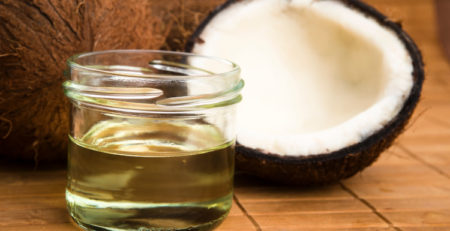
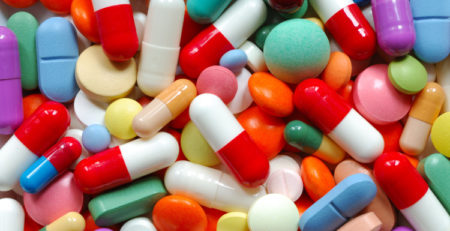
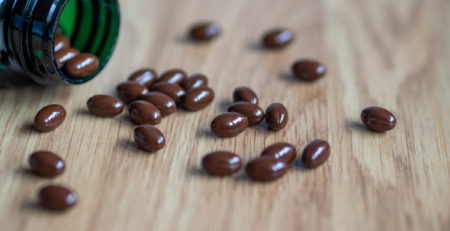
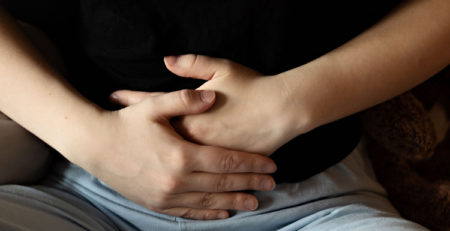

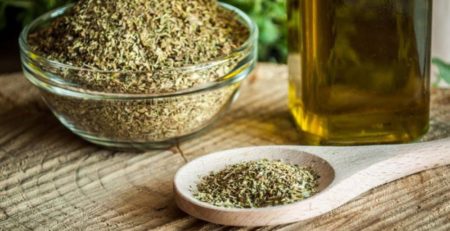


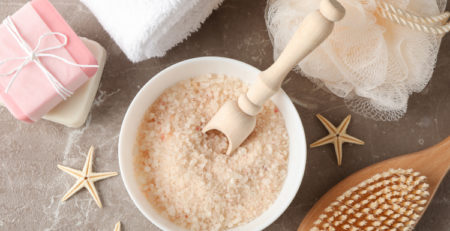
Leave a Reply